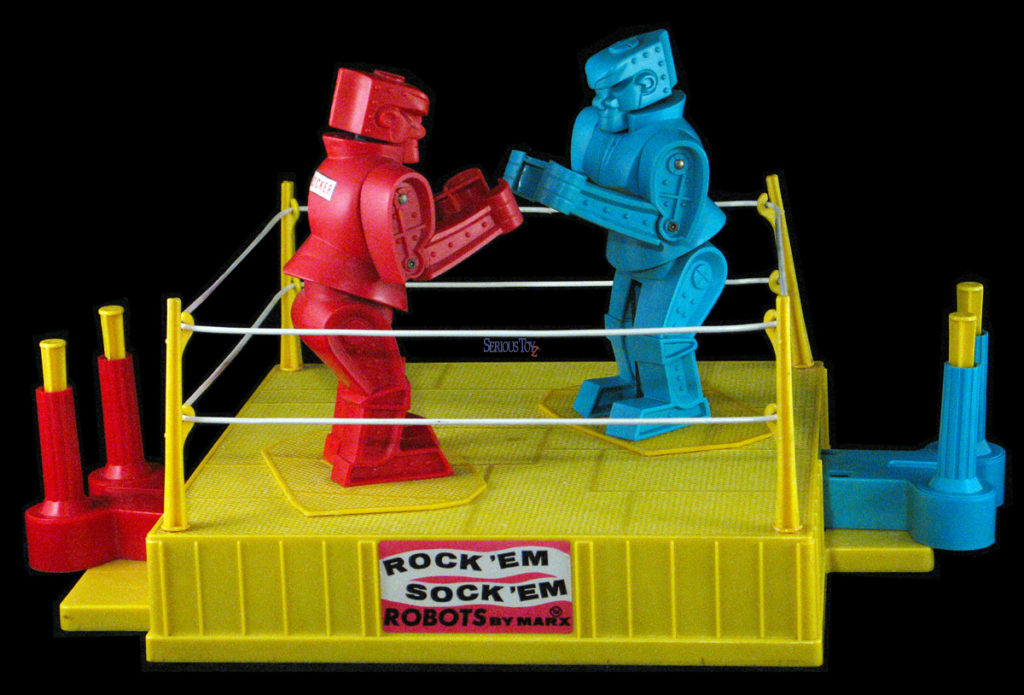Conflict and Comparison
(continuing from yesterday’s post with excerpt from Ajahn Sucitto’s Q&A on the mental “fetters” that bind us to suffering)
The second fetter, attachment to rites and rituals (silabbata-paramasa), has to do with — not just rituals, lighting incense, or praying — but everything that’s automatic. It’s systems and customs. Any kind of system or custom.
Language is a system. It’s a series of sounds and words, but it’s a system, a custom. Everybody is operating according to systems and customs. For example, everybody goes to work at this time or everybody eats their meal at this time. Everybody’s following some kind of ritual/system/custom. These are things we operate with, but really, in truth, there’s no day or night, there’s no Monday or Thursday — that’s just the convention. We think: “Oh, this is Thursday, I have to do this. Or I can only do this on Sunday. Or it’s six o’clock!” But there’s no such thing as six o’clock. It’s just the convention. And when one gets attached to these things, then we live life like a robot. Like a puppet that’s moved along. This is a considerable fetter.
Doctrines can also be part of that. Even meditation systems can be things we get attached to: “This is the right way. I’m going it right. He’s wrong.”
The quality of these always separates us. So even when you call yourself a “Buddhist”, it’s tricky. Buddhism a good system, but it’s a system. And actually, there are no “Buddhists”, really, there’s just Dhamma practice. We can call ourselves “Buddhists” when we have to write something down on an official form, or whatever. So people know that this is the label and it probably means we’re good people. But we also understand this is just a system and a custom. It has to be seen in the light of: When does it become useful? When does it become something where we quarrel? As in: Who’s better — Buddhists or Christians? Mahayana or Theravada? And in meditation: Which practice style do we do? Mahasi Sayadaw or Ajhan Chah or U Pandita or U Tejaniya or Zen? Then we get stuck in these things.
The Buddha didn’t teach any of that. He said: “Purify the heart.” Is there a system for that? [laughs]
So attachment to systems and customs sets us apart from each other. And then we find there is comparison and conflict. There’s no liberation where there is comparison and conflict. There’s no ending of suffering where there’s comparison and conflict. There’s no ending of stress where there’s superior and inferior. Where there’s men and women. There’s no ending of it.
It only ends when you come to: Let go of that. There is a point at which these are relevant, and there’s a point where they’re irrelevant. For liberation, you must realize the depth where these things that separate us no longer occur. Because there’s no suffering in that. There’s no stress in that. There’s no holding on in that. There’s no need to hold it.
And doubt (vicikiccha), which is the final fetter that’s eliminated at “stream-entry”, is just the lack of understanding. Where we don’t really realize that there is a place beyond thought and beyond attachment, that you can rest in.
Because of not knowing that, we’re always creating something to hold onto, something to name, something claim, something to dispute. Because we haven’t really understood that there’s a place where none of that need happen. And where that doesn’t happen, there’s confidence. Confidence that isn’t about being right. It’s about having no right or wrong, just: This is true; It’s like this.
A lot of people are looking for the right opinion. You don’t need an opinion. Well, sometimes you do. But with the truth, you don’t need an opinion.
You just need to know: This is where the suffering stops; the stress stops; the pressure stops; the holding on stops. This is where it stops. And this is where it happens; this is what causes it to happen; and this is what causes it to cease.
Now any system, any way you can do that — that’s fine. That to me is the Dhamma world. Who’s in it? I don’t know. Buddhist? Sufis? Jews? I don’t know. But if you can get there: Good!
***
(You can listen to the entire Q&A session with Ajahn Sucitto here.)

